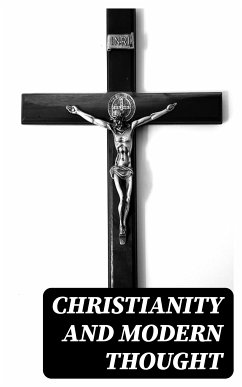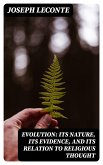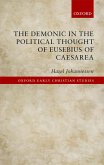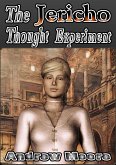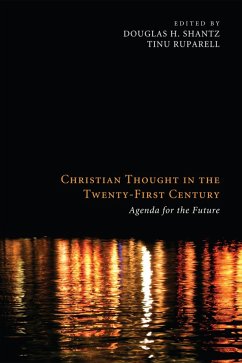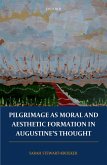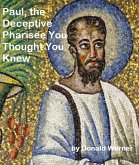Christianity and Modern Thought presents an illuminating anthology that traverses a rich spectrum of theological inquiry and philosophical discourse. This collection captures the intersection of faith and reason, as it interrogates the evolving place of Christianity amidst emerging modernist thought. The works included offer an array of literary styles, from reflective essays to rigorous argumentation, providing a tapestry of insights into the challenges and transformations of religious beliefs during a time of intellectual upheaval. This volume stands as a testament to the profound dialogues occurring in the 19th century, featuring thought-provoking discussions that continue to resonate with contemporary readers. The contributors to this anthology, including the likes of James Freeman Clarke and Charles Carroll Everett, represent some of the most distinguished theological minds of the 19th century. They bring forth a multiplicity of perspectives, drawn from diverse backgrounds and cultural contexts. With roots in the Unitarian and broader Christian movements, these authors collectively explore the interface between tradition and the forward march of modern thought. Their contributions delve into the historical and intellectual movements they were part of, addressing key questions about faith, morality, and the role of religion in a rapidly changing world. This compilation is an invaluable resource for anyone interested in the dynamic interplay of religion and modernity. It offers readers an opportunity to explore the breadth of ideas that shaped modern theological discourse. Through its diverse array of essays, Christianity and Modern Thought invites readers to immerse themselves in a dialogue that traverses time, stimulating both academic inquiry and personal reflection. The anthology not only serves as a gateway to understanding historical perspectives but also enhances the reader's appreciation for the nuanced interplay of belief systems and cultural evolution.
Dieser Download kann aus rechtlichen Gründen nur mit Rechnungsadresse in A, B, BG, CY, CZ, D, DK, EW, E, FIN, F, GR, H, IRL, I, LT, L, LR, M, NL, PL, P, R, S, SLO, SK ausgeliefert werden.

